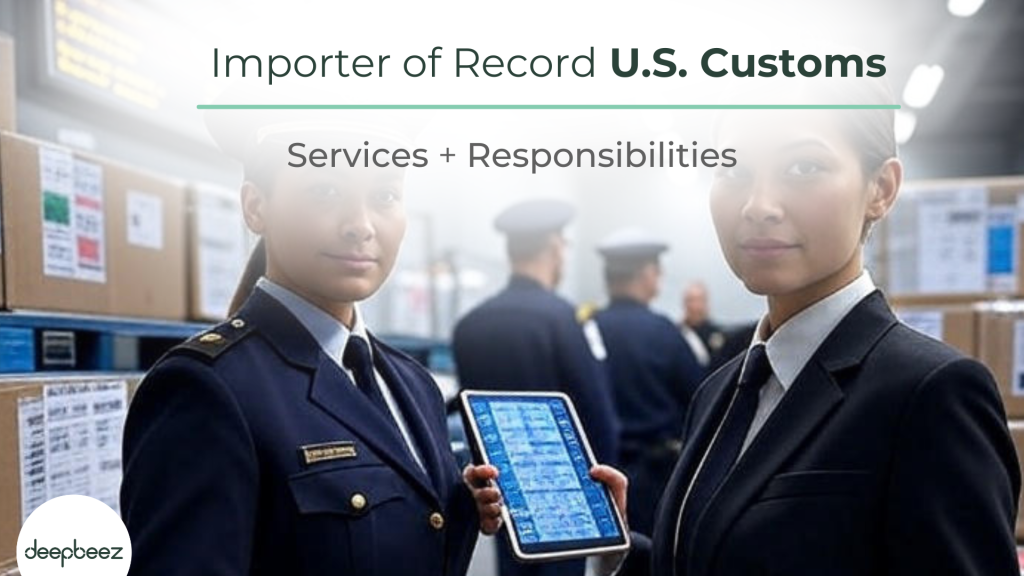Have you ever wondered who’s responsible when your products cross international borders? Whether you’re a small business owner importing goods for the first time or an experienced trader looking to understand compliance better, the role of an Importer of Record (IOR) is crucial to your success. What happens after you just picked one of America’s top import for your business and decide to stay customs compliance all along the process?
